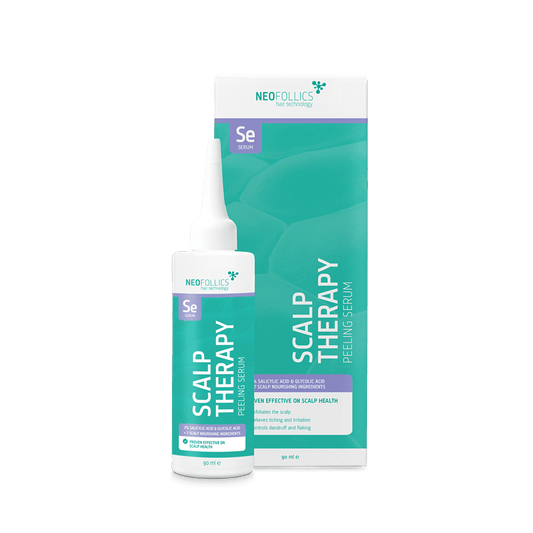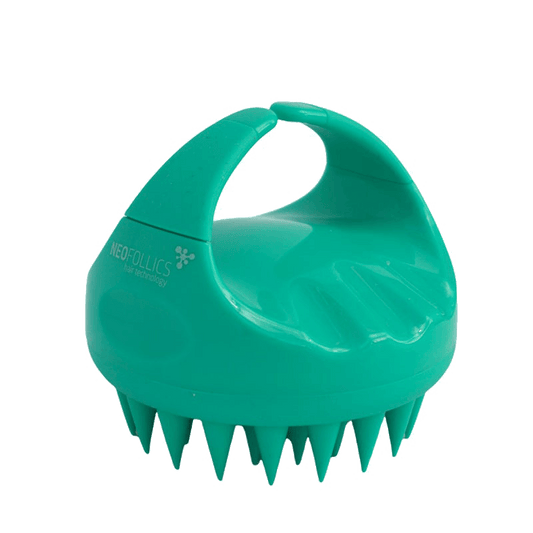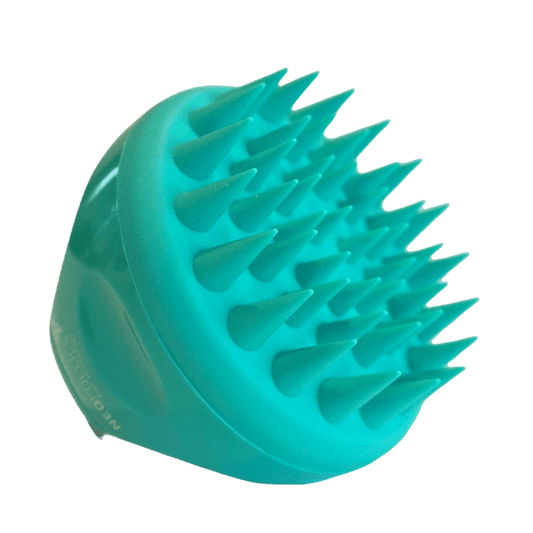Scalp Therapy
What results can be expected?


Results may vary per person.
Sofia
Scalp Therapy: all you need to know
When should I choose Neofollics Scalp Therapy and when not?
Is Neofollics Scalp Therapy suitable for a sensitive or easily irritated scalp?
When should I choose an approach with multiple products?
Why is shampoo alone often not enough for an unsettled scalp?
How can the products help with both a dry scalp and dandruff?
What is the role of exfoliation within Neofollics Scalp Therapy?
Is it normal that exfoliation takes some getting used to at first?
What is the difference between Neofollics Scalp Therapy and the “Treatment for a Healthy Scalp”?
When should I choose Neofollics Scalp Therapy and when not?
Is Neofollics Scalp Therapy suitable for a sensitive or easily irritated scalp?
When should I choose an approach with multiple products?
Why is shampoo alone often not enough for an unsettled scalp?
How can the products help with both a dry scalp and dandruff?
What is the role of exfoliation within Neofollics Scalp Therapy?
Is it normal that exfoliation takes some getting used to at first?
What is the difference between Neofollics Scalp Therapy and the “Treatment for a Healthy Scalp”?
Still have questions?
We're here to help. Chat with our customer support team. Monday to Friday, from 9:00 to 17:00 (CET).
You can reach us via email:
customerservice@neofollics.com
customerservice@neofollics.com
Or chat via WhatsApp:
+31658857552
+31658857552




































